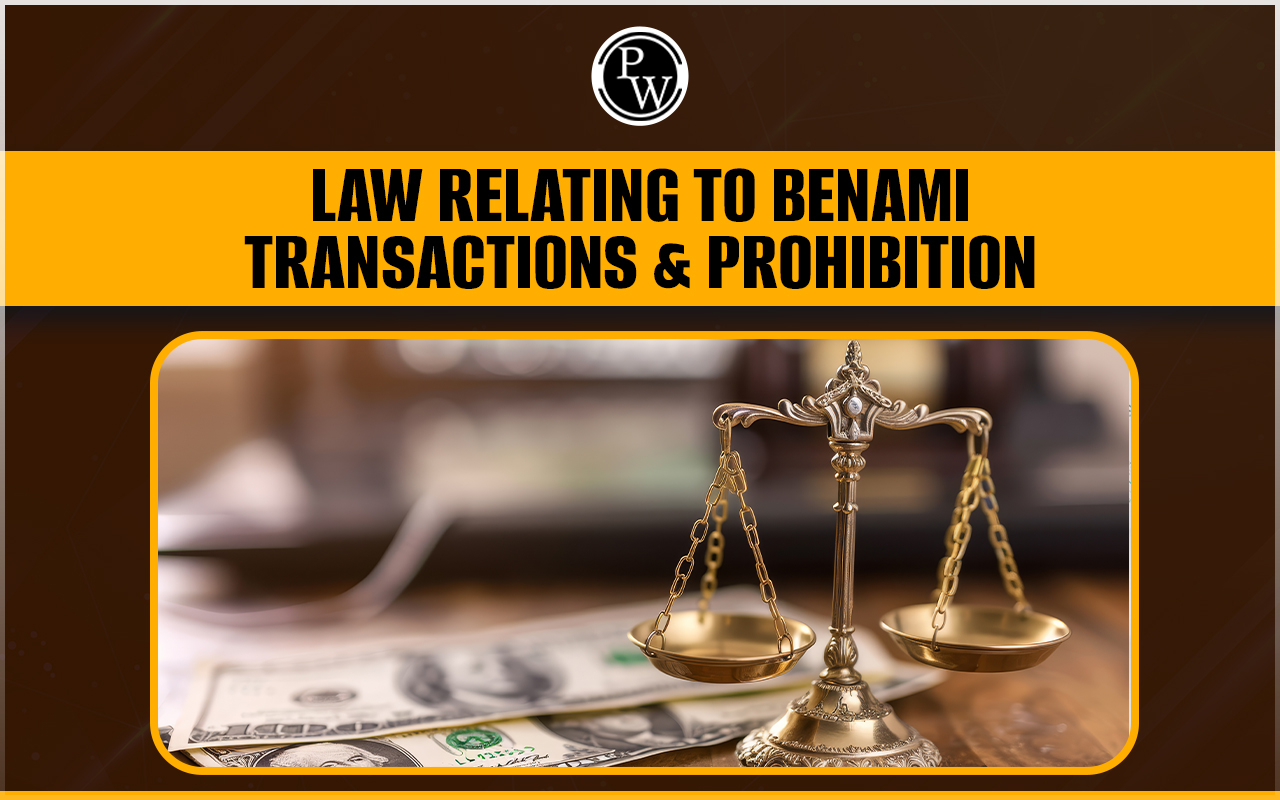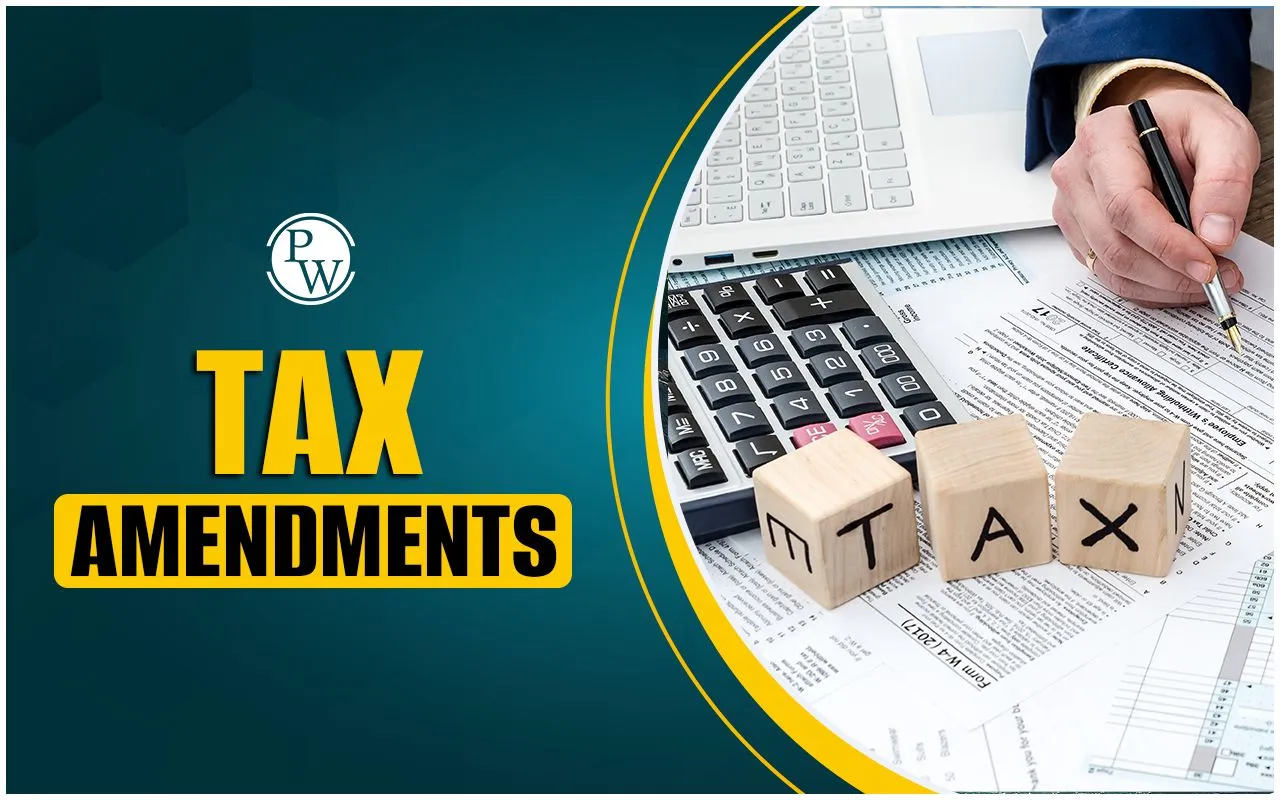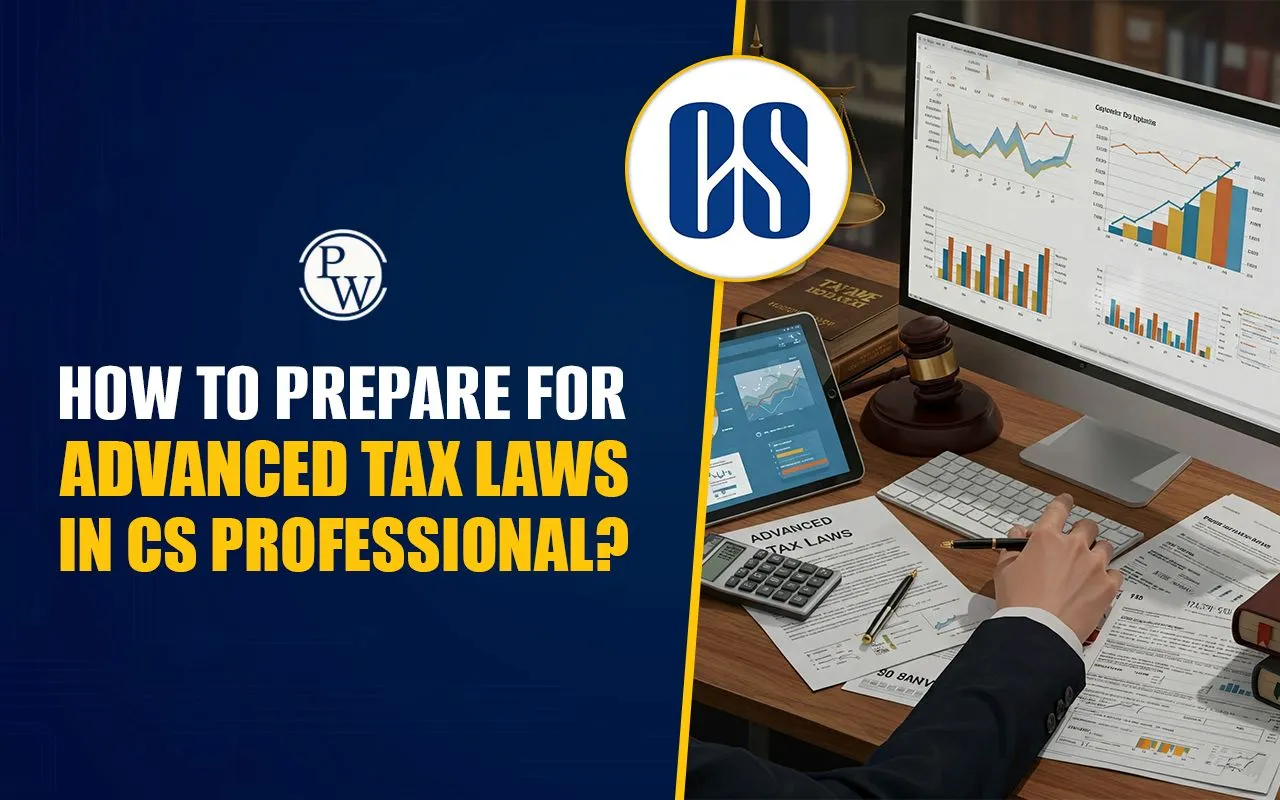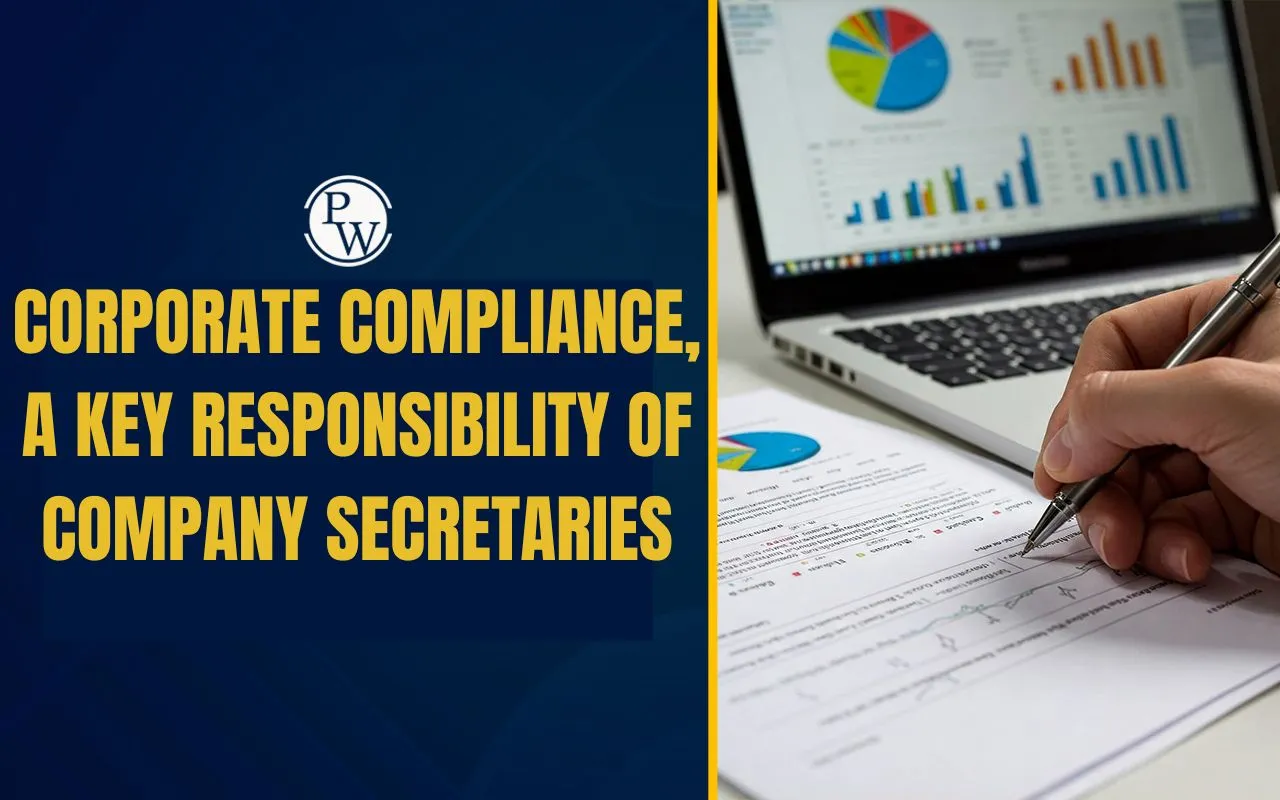

Laws relating to Benami Transactions and Prohibitions target the common practice of using Benami properties to avoid taxes. Under this act, the actual owner cannot claim or enforce any rights, interest, or actions in court over the Benami property unless they provide documents showing the property's income for tax purposes or have given prior notice to the income tax authorities about their claim.
What is the Benami Transaction (Prohibition) Act 1988?
The Benami Transaction (Prohibition) Act 1988 was created to stop and limit Benami transactions and the recovery of Benami property. The Act includes a rule restricting the right to recover property held by benami. According to Section 4, no one can enforce or defend a right, claim, or interest against the person in whose name the property is held or claim to be the actual owner. This rule is crucial for dealing with Benami transactions involving such properties. The Parliament added Section 281A to the Income Tax Act 1961 to prevent Benami transactions and their consequences, including blocking lawsuits related to Benami transactions. The Law Commission, in its 57th and 130th reports titled "Benami Transactions – a Continuum," outlined the framework for handling Benami transactions.Key Terms by the Benami Transactions & Prohibition Laws
Specific terms need to be understood to know the Benami Transactions and Prohibition laws. These are mentioned below:-
- Benami: Benami means transactions where someone buys property, but it's held in another person's name.
- Benamidar: The person in whose name the property is held but who has no actual benefit from it.
- Beneficial Owner: The person who pays for and benefits from the property, like evading taxes or hiding money.
Types of Benami Transactions
- Property held under a fake name.
- The actual owner denies knowing about the property.
- The person paying for the property is unknown or doesn't exist.
- Legal Definition: Benami transactions are when someone buys property in another's name to benefit that person. The actual owner controls and benefits from the property.
- Property: It includes all types of things you can own, like land, goods, documents proving ownership, and rights.
Objectives of Law Relating to Benami Transaction
The law concerning Benami transactions aims to prevent transactions where property is held by one person but beneficially owned by another. Here are the critical aspects simplified:- The Benami Transactions (Prohibition) Act of 1988 makes Benami transactions illegal. If the property is found to be benami, no legal action can enforce rights over it.
- Courts look at several factors to determine if a transaction is benami, including where the money came from to buy the property, who controls and possesses it, the motives behind the transaction, relationships between parties, custody of documents, and how parties act after the sale.
- The person claiming a transaction is Benami and must prove it. They use evidence like financial records, documents, and testimonies showing true ownership intentions.
- The laws under the Income Tax Act 1961 and the Benami Transactions (Prohibition) Act 1988 give authorities the power to investigate and seize Benami properties.
- Courts focus on factual investigation to determine if a transaction is benami rather than relying on strict legal rules.
Factors Determining ‘Benami Transaction’
Supreme Court's observations regarding the test to determine if a transaction is a Benami include the following details:- Source of Purchase Money: Courts examine where the money used to buy the property originated. If it came from someone other than the apparent buyer, it suggests a benami transaction.
- Nature and Possession of Property: After the purchase, how the property is managed and used provides clues. If the apparent owner doesn't exercise control or benefit from the property, it may indicate a benami arrangement.
- Motive for Benami Arrangement: Courts look for reasons why the transaction might be given a Benami appearance. If there's a clear motive, such as tax evasion or hiding assets, it strengthens the case for a benami transaction.
- Relationship Between Parties: The nature of the relationship between the claimed owner (benamidar) and the real beneficiary (beneficial owner) is crucial. Family ties, business associations, or financial dependencies can reveal the true ownership intention.
- Custody of Title Deeds: The person who holds the legal documents of the property after the sale is significant. If the records are retained by someone other than the nominal buyer, it suggests the absolute ownership might lie elsewhere.
- Conduct Post-Sale: How the parties act regarding the property after the transaction matters. If the real beneficiary continues to control or benefit from the property despite being in another's name, it supports the Benami claim.
What are the Exceptions to the Benami Transaction?
There are certain exceptions to the Benami Transactions. These are mentioned below in detail:- Property held by a Hindu Undivided Family (HUF) member or a coparcener, using their own money for the benefit of their family members.
- Property held by a trustee for the benefit of all beneficiaries under a trust.
- Property registered in the name of a spouse or unmarried daughter, bought with their own money unless it's proven it was purchased for someone else.
Penalty For Benami Transactions
Under Section 3(3) of the Benami Transaction Act, anyone involved in Benami transactions can be punished with up to three years in jail, a fine, or both. Authorities can also seize all properties involved in these transactions following legal procedures. Offences related to benami transactions are considered non-serious and allow the accused to seek bail. In conclusion, the Benami Transactions (Prohibition) Act 1988 and its updates aim to stop people from hiding assets by holding property in someone else's name. The law forbids this practice and sets strict penalties for those who do it. It clearly outlines what counts as a benami transaction and what doesn't, promoting honesty and transparency in property ownership and financial matters.Law Relating to Benami Transactions & Prohibition FAQs
What is Section 3 of the Benami Prohibition Act?
According to section 3, No person shall enter into any benami transaction. Whoever enters into any Benami Transaction shall be punishable with imprisonment for a term which may be extended to three years.
What is the meaning of Property in Benami Law?
Property includes all types of assets, whether movable or immovable and tangible or intangible. It also includes rights, interests, legal documents, and any proceeds or converted forms of the property.
Are gifts to non-relatives considered benami transactions?
No, it doesn't matter if the gift is to a relative or someone else. A gift is simply a transfer of property out of love and affection for the benefit of the receiver.
Are Power of Attorney (POA) transactions classified as Benami transactions?
Power of Attorney (POA) transactions are not normally considered Benami transactions if certain conditions are met. These include the buyer providing the consideration, stamp duty is paid, and the sale contract is registered.
🔥 Trending Blogs
Talk to a counsellorHave doubts? Our support team will be happy to assist you!

Check out these Related Articles
Free Learning Resources
PW Books
Notes (Class 10-12)
PW Study Materials
Notes (Class 6-9)
Ncert Solutions
Govt Exams
Class 6th to 12th Online Courses
Govt Job Exams Courses
UPSC Coaching
Defence Exam Coaching
Gate Exam Coaching
Other Exams
Know about Physics Wallah
Physics Wallah is an Indian edtech platform that provides accessible & comprehensive learning experiences to students from Class 6th to postgraduate level. We also provide extensive NCERT solutions, sample paper, NEET, JEE Mains, BITSAT previous year papers & more such resources to students. Physics Wallah also caters to over 3.5 million registered students and over 78 lakh+ Youtube subscribers with 4.8 rating on its app.
We Stand Out because
We provide students with intensive courses with India’s qualified & experienced faculties & mentors. PW strives to make the learning experience comprehensive and accessible for students of all sections of society. We believe in empowering every single student who couldn't dream of a good career in engineering and medical field earlier.
Our Key Focus Areas
Physics Wallah's main focus is to make the learning experience as economical as possible for all students. With our affordable courses like Lakshya, Udaan and Arjuna and many others, we have been able to provide a platform for lakhs of aspirants. From providing Chemistry, Maths, Physics formula to giving e-books of eminent authors like RD Sharma, RS Aggarwal and Lakhmir Singh, PW focuses on every single student's need for preparation.
What Makes Us Different
Physics Wallah strives to develop a comprehensive pedagogical structure for students, where they get a state-of-the-art learning experience with study material and resources. Apart from catering students preparing for JEE Mains and NEET, PW also provides study material for each state board like Uttar Pradesh, Bihar, and others
Copyright © 2025 Physicswallah Limited All rights reserved.











